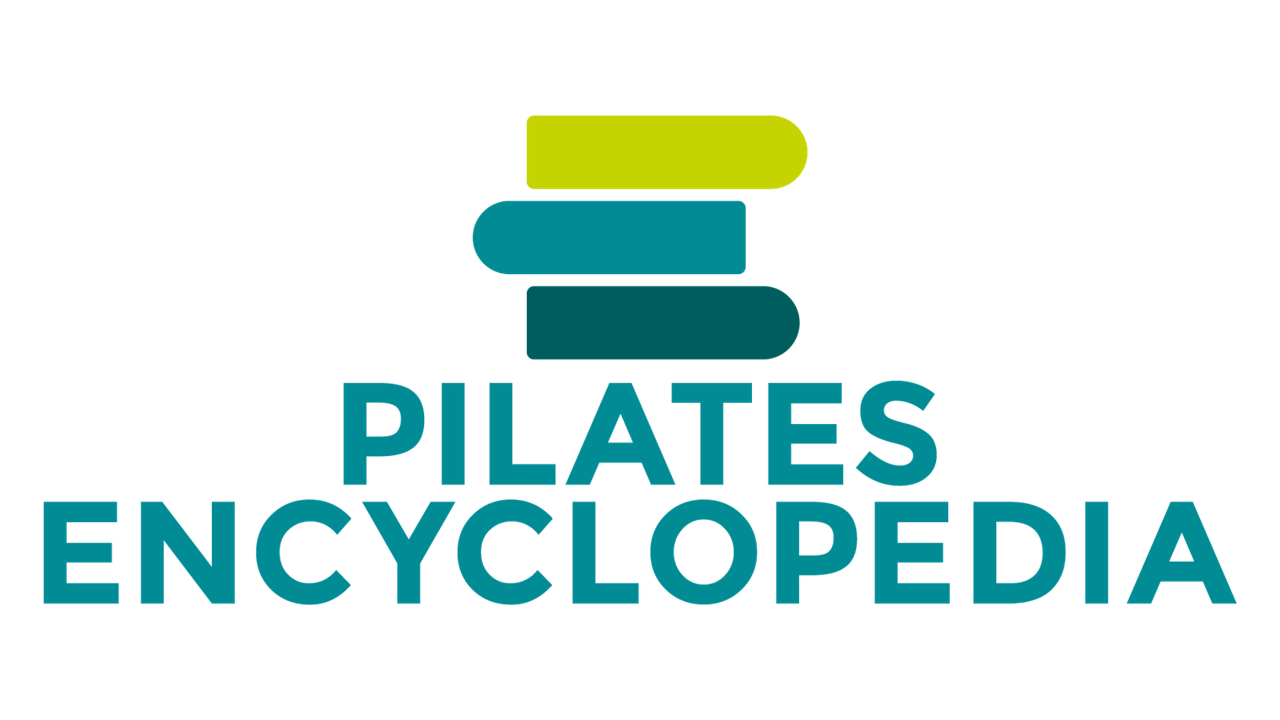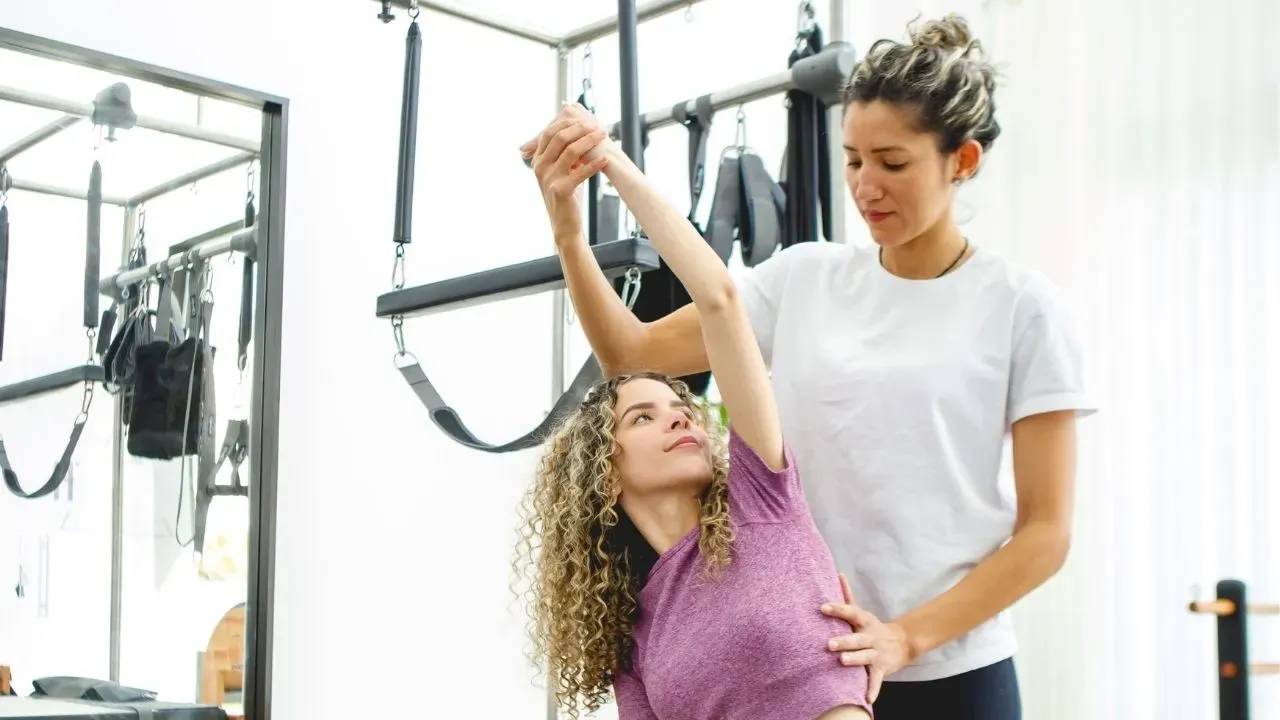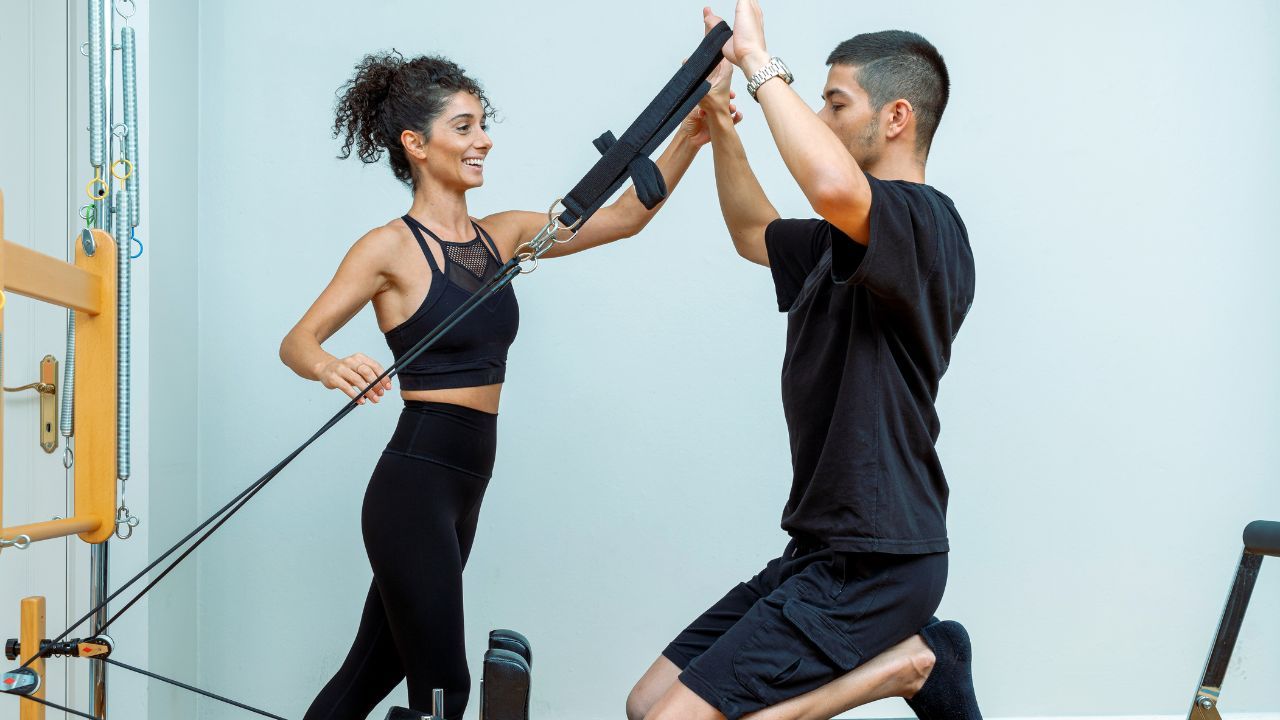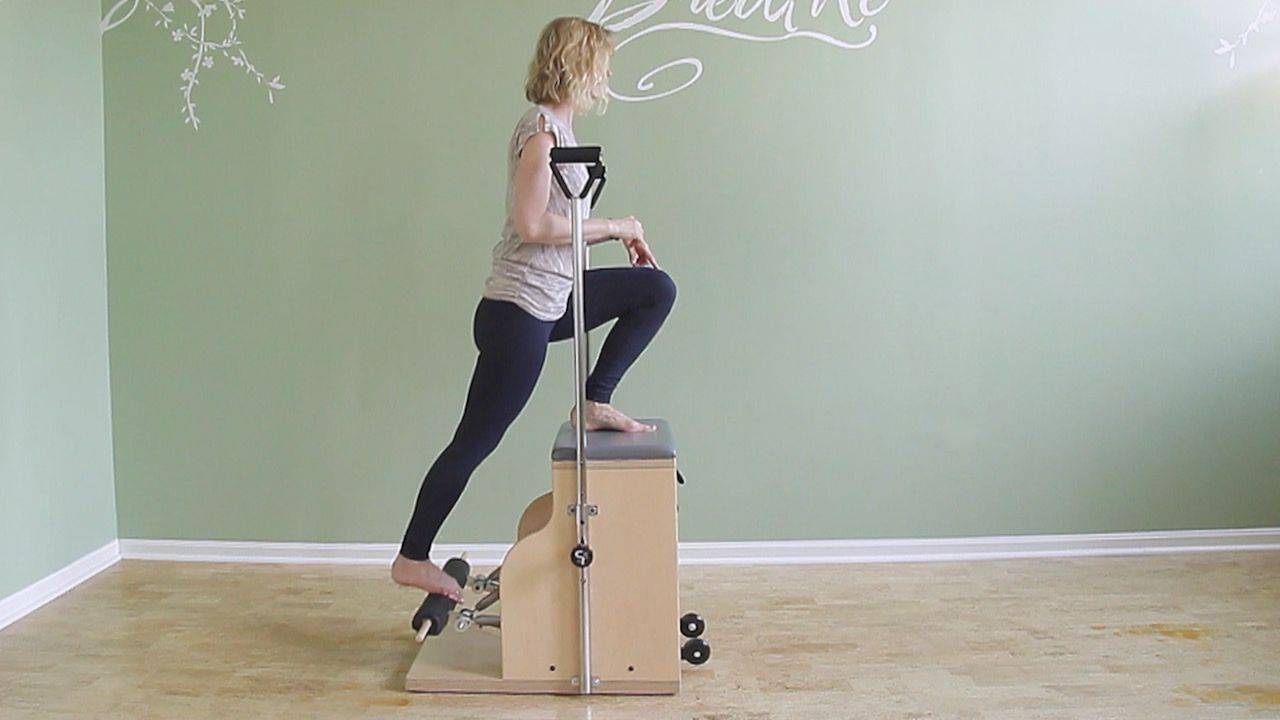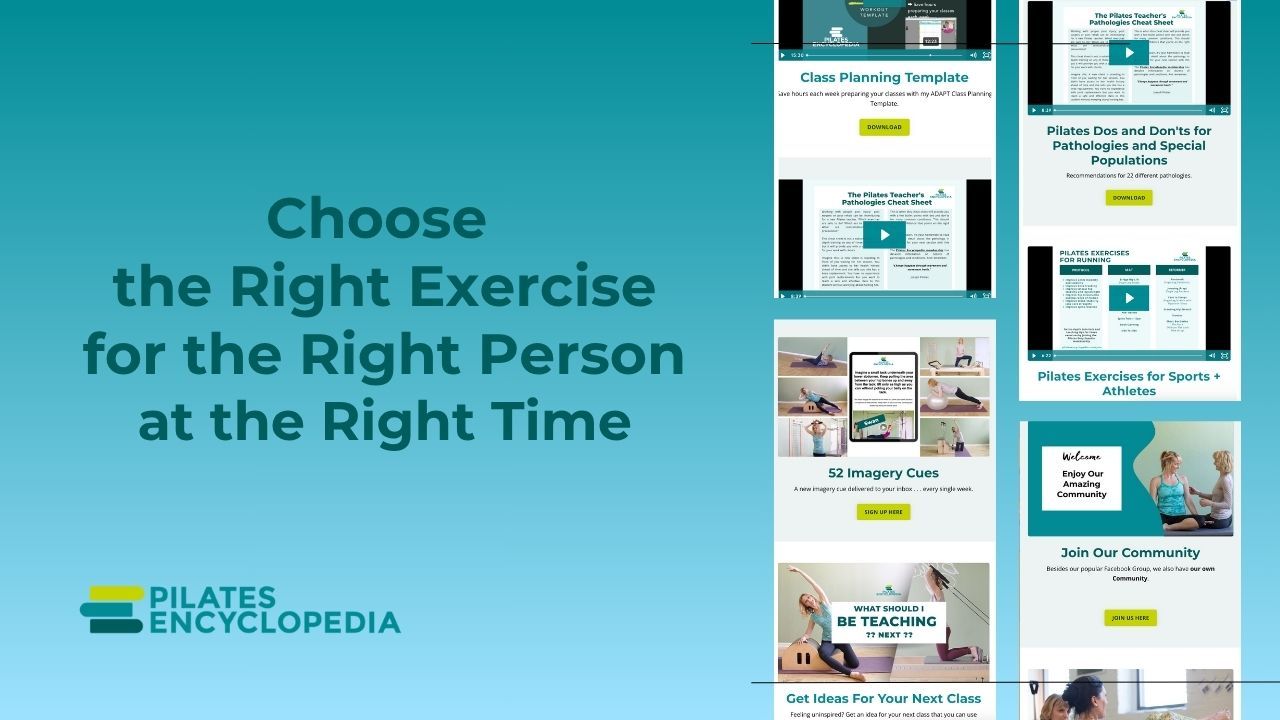Generalist vs Specialist: The Truth About Pilates Specialization (That No One Talks About)
Jun 12, 2025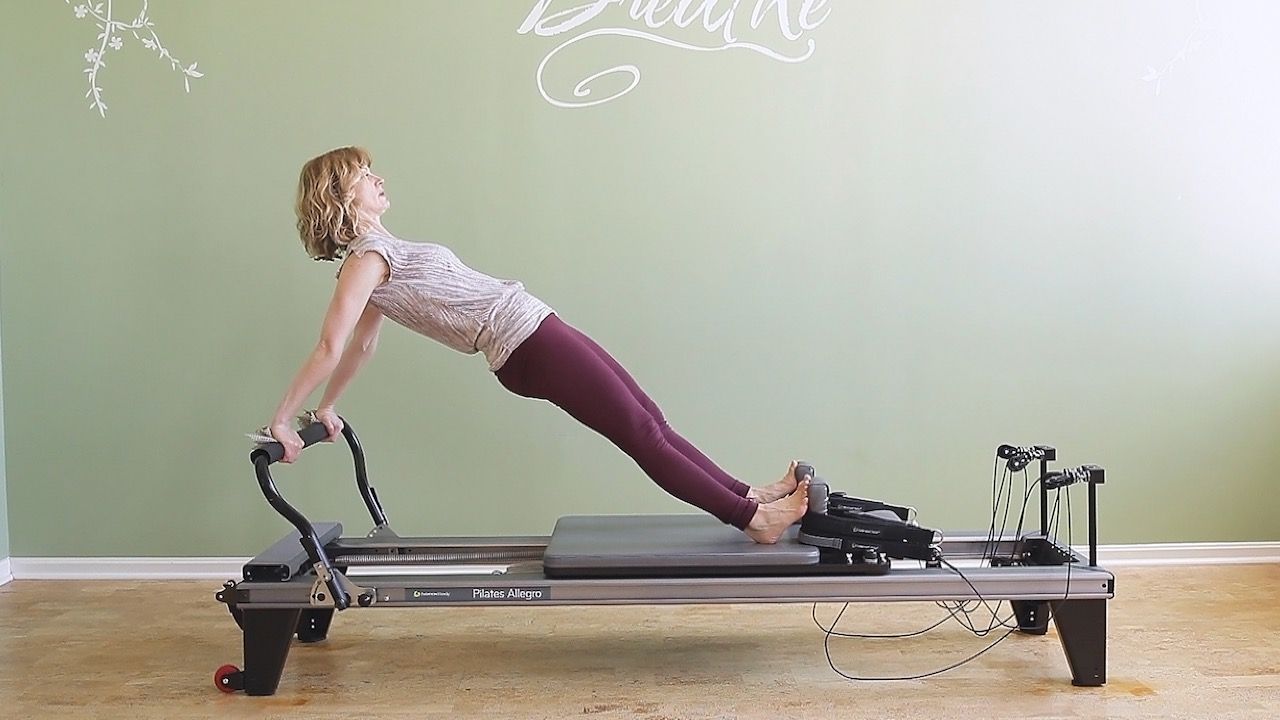
When you start taking your Pilates business to the next level, one piece of advice always seems to pop up:
“You need to niche down.”
“Specialize in something specific.”
“Get known for one thing.”
And, I’m going to be honest with you — there’s a reason this advice exists.
Specializing can make marketing easier. It can help you build a reputation. It can even help you feel more confident in your work, because you’re not trying to serve everyone all at once.
But here's the reality most Pilates teachers face:
- You don’t get to choose your clients.
- You don’t work in a major city with hyper-targeted studios.
- You don’t want to turn people away just because they don’t “fit your niche.”
You’re here to help people feel better — whoever walks in the door.
Guess what? That makes you a generalist. And it’s something to be proud of.
Let’s break it down.
What’s the Difference Between a Pilates Generalist and a Pilates Specialist?
A Pilates generalist is like your movement general practitioner. You know your anatomy. You’ve got a solid handle on cueing, sequencing, and modifying. You work with a wide variety of clients — and your goal is to help people move smarter, breathe deeper, and feel better in their bodies.
You're versatile, adaptable, and your toolbelt is filled with creative ways to meet people where they are and guide them to where they want to be. You don’t need to know everything about a condition to help someone move better and feel stronger today.
A Pilates specialist, on the other hand, zooms in. They focus on a specific population or condition — like scoliosis, chronic pain, pre/postnatal, hypermobility, trauma-informed movement, or athletic performance. They often take additional training and develop deeper, more nuanced protocols for working within their specialty.
Specialists are vital. But so are generalists.
And here’s the part we don’t say enough in this industry:
✨ Most Pilates teachers are (and should be) generalists.
✨ You don’t need to be a specialist in every condition to be an amazing, effective teacher.
✨ And there is zero shame in saying, “This is outside my scope — let me refer you to someone who can help.”
So Why Do We Feel So Much Pressure to Specialize?
Because the online world makes it look like you have to “own a niche” in order to be successful.
Because we get scared we won’t stand out if we’re “just another Pilates teacher.”
Because we don’t want to seem like we don’t know something.
And yes — because specialists sometimes get more attention (or higher rates) in certain spaces.
But here’s the flip side:
Being a generalist gives you the opportunity to build deep, lasting relationships with a wide range of clients.
It keeps your days interesting.
Plus it gives you a broader perspective and a richer skillset over time.
There’s huge value in that.
Why Being a Generalist Is a Strength
As a generalist, you’re often the first point of contact for people trying to solve a movement problem.
Maybe they’ve been told to “try Pilates” after an injury.
Maybe they’re just trying to move more after years of sitting.
Maybe they’re postnatal, but not yet ready for a specialist approach.
You’re their starting place. You’re their safe place. And that role is incredibly important.
Being a generalist doesn’t mean you’re underqualified. It means you know how to support a wide range of people — and when to refer out.
When Specializing Might Be the Right Move
Now, let’s be real — some teachers do feel a strong pull toward specialization.
You might have a personal connection to a certain condition or community.
You might find yourself constantly researching the same topic.
Or you might notice your schedule is filling up with clients who all have similar needs.
That’s your cue. That’s when specializing can be a natural next step.
But even then, you don’t have to go “all in” on one population. You can still work with a mix of clients while deepening your expertise in a certain area. There’s no “one right way.”
It’s Not Either/Or — It’s About Clarity
You don’t need to be everything to everyone.You also don’t need to pick a narrow path just because the internet (or some well-meaning person) told you to.
Here’s what you do need:
✅ A clear understanding of your strengths
✅ A willingness to keep learning
✅ The wisdom to refer out when needed
✅ And the confidence to say: “I may not have all the answers, but I do know how to help you get moving — and I know when to bring in support.”
There’s no gold star for knowing every contraindication off the top of your head.
There’s no shame in saying, “Let me look that up” or “Let me connect you with someone who specializes in that.”
That’s not failure — that’s integrity.
So if you’re feeling the pressure to specialize, take a breath.
You’re allowed to be a generalist.
You’re allowed to learn as you go.
And you’re allowed to make an impact — right where you are.
Because generalists are essential.
They’re not Plan B — they’re the foundation.

